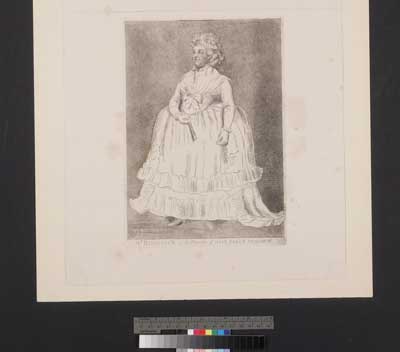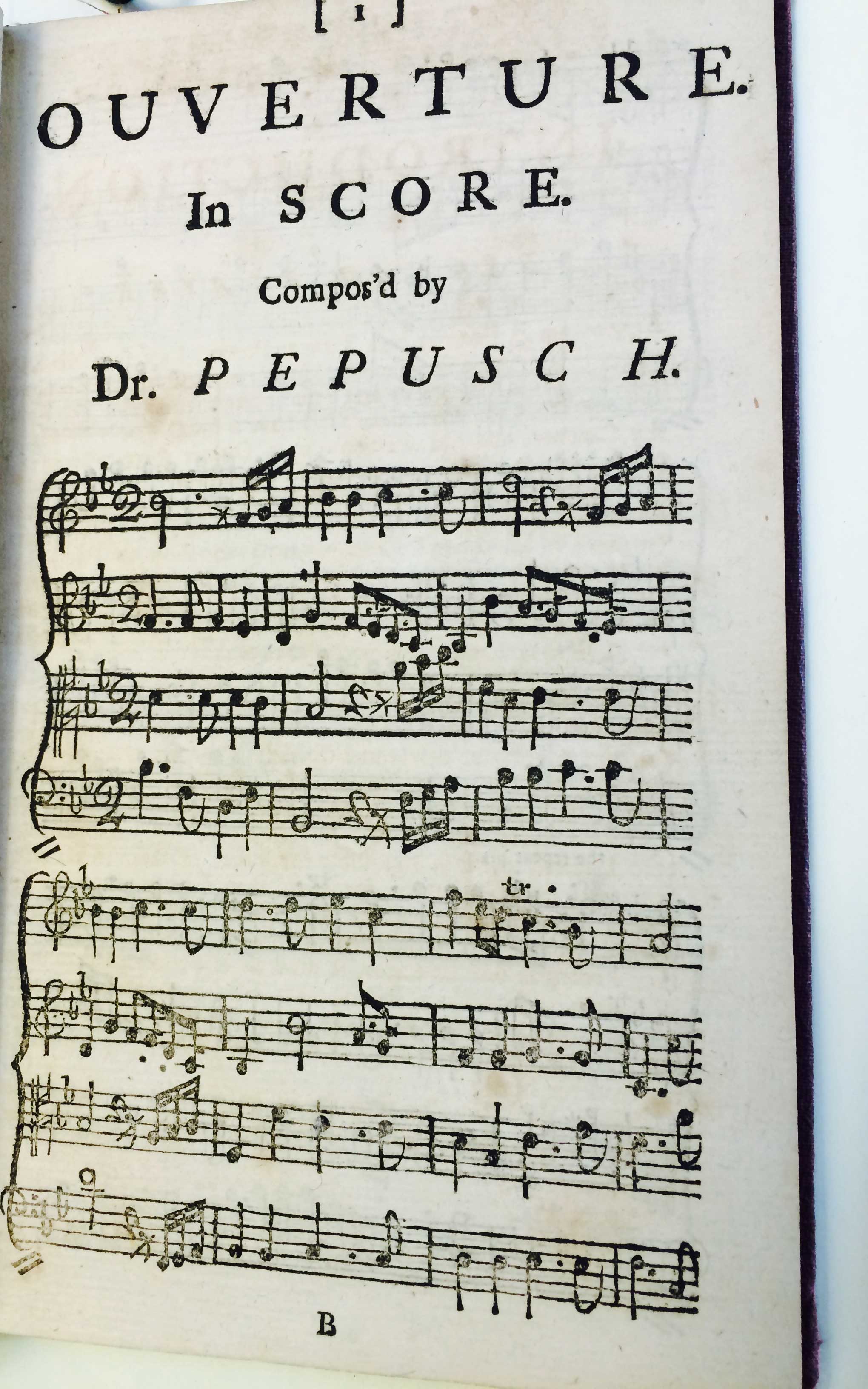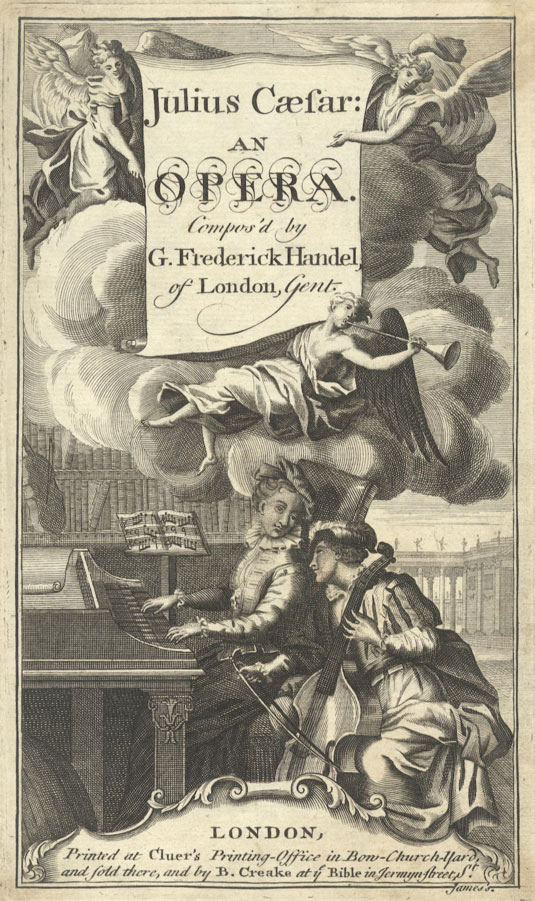The Beggar's Opera

The Newgate Calendar
From The Newgate Calendar, comprising interesting memoirs of the most notorious characters who have been convicted of outrages on the laws of England since the commencement of the eighteenth century; with anecdotes and last exclamations of sufferers. London: 1773: 1780.
From The Beggar's Opera

Morning Chronicle
September 23, 1773, Issue 1353
The Chronicle reprinted Jonathan Swift’s defense of the play from The Intelligencer no. 3, 1728 after a series of articles about the deleterious effects of The Beggar’s Opera on the public.
From The Beggar's Opera

“Polly,” in Weekly Journal or British Gazetteer, May 4, 1728.
This poem is an example of the kind of popular response that The Beggar’s Opera generated.
From The Beggar's Opera

“Zadok the Priest” and The Beggar’s Opera.
Georg Frederick Handel was commissioned to write four coronation anthems for the coronation: “The King Shall Rejoice”; “My Hear is Inditing”; “Let Thy Hand be Strengthened”; and “Zadok the Priest.” The most enduring of these, “Zadok the Priest,” (HWV 258) has been sung at every coronation since. Handel took his text from 1 Kings 1:38–40:
“Zadok, the Priest and Nathan, the Prophet anointed Solomon King.
And all the people rejoic'd, and said:
‘God save The King, long live The King, may The King live for ever!
Amen.’”
From this piece comes the chorus “God Save the King,” one of the most familiar sections of choral music in English.
While the appearance of The Beggar’s Opera the following year has no direct connection to Handel’s piece, it is part of a dialogue over the public and political function of music in British culture at a time of mixed national influences, including Italian opera, the oratorios of the German Handel, including his 1742 The Messiah and his 1749 Music for the Royal Fireworks.
From The Beggar's Opera
The Beggar’s Opera recordings.
Several recordings of The Beggar’s Opera are available online, some as open-source materials and others for a rental or purchase fee. Hyperion Record’s recording of the entire piece, with dialogue, is noteworthy. The Glyndeborne Opera hosts free recordings of the 40 primary airs. The 1963 BBC television broadcast version features members of the English Opera Group in a black and white movie length version. The 1983 BBC version, featuring Roger Daltry as Macheath and Bob Hoskins as The Player, is available on DVD. A clip featuring Macheath’s entrance.
From The Beggar's Opera

Mr. Bannister in the character of Miss Polly Peachum. 1781. James Sayers, printmaker. Courtesy of the Lewis Walpole Library, Farmington, CT.
This portrait of Bannister cross-dressed is part of a culture of gender-bending performance around The Beggar's Opera, which included several female Macheaths, among them, Miss Catley and Charlotte Charke, and in the nineteenth century, Eliza Vestris. Gay’s sequel Polly, which takes place on a West Indies plantation, wrote cross-dressing into the title role.
From The Beggar's Opera

Pepusch score.
John Christopher Pepusch scored the overture and the incidental music for The Beggar’s Opera. Like Handel, Pepusch was German-born and succeeded in Hanoverian Britain. Though he was best known for The Beggar’s Opera, he also wrote other church and secular music. The International Music Score Library project hosts copies of many of Pepusch’s works at IMSLP Compositions. Multiple versions of the complete Beggar’s Opera score are available as open-source materials at IMSLP Sheet Music.
From The Beggar's Opera
